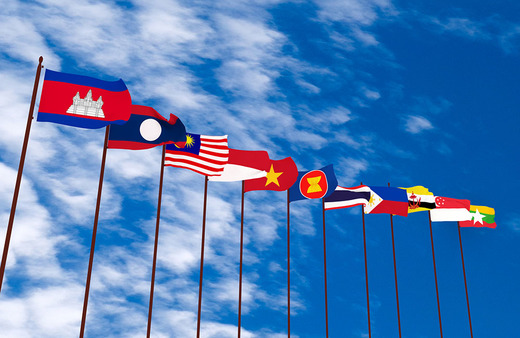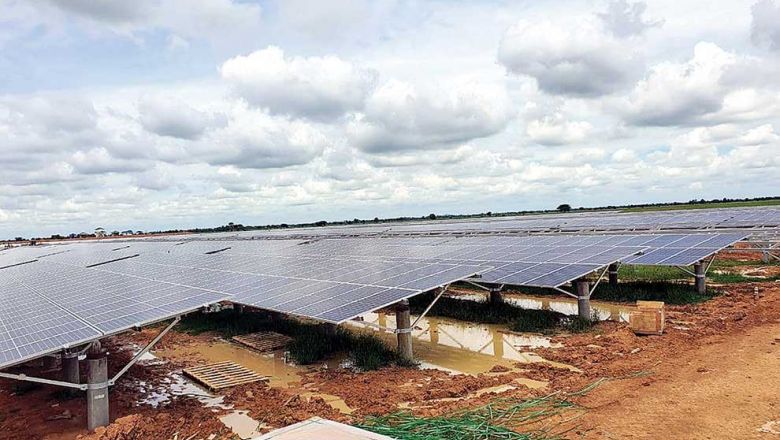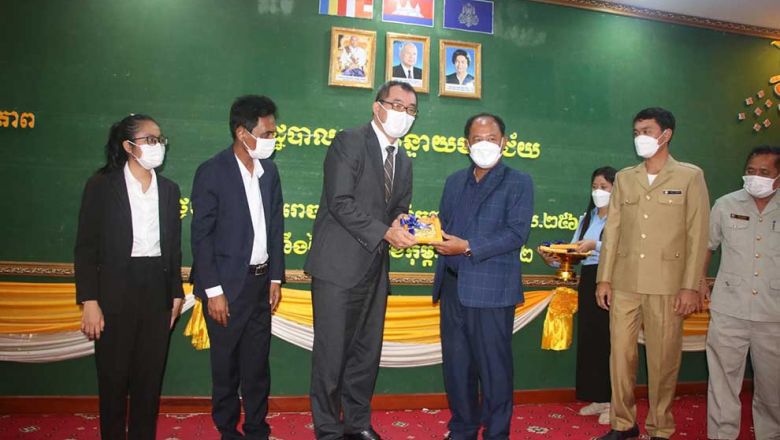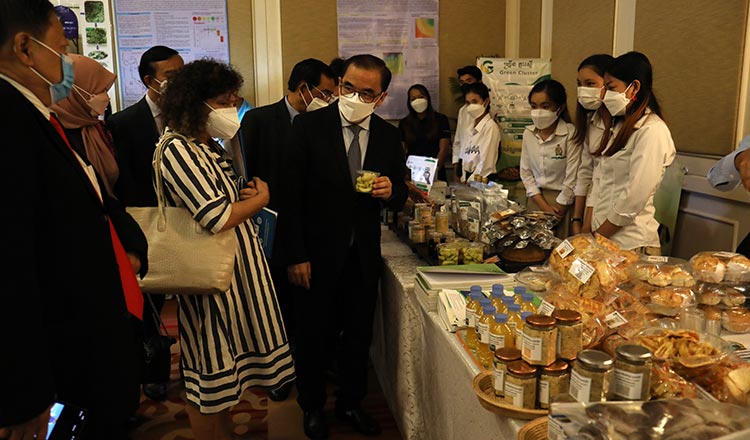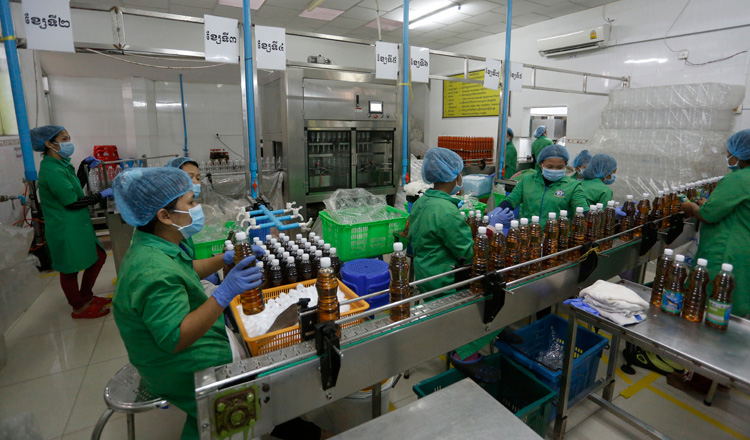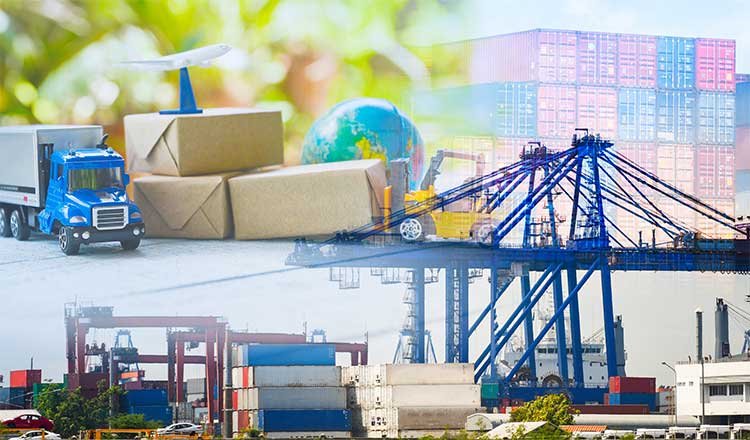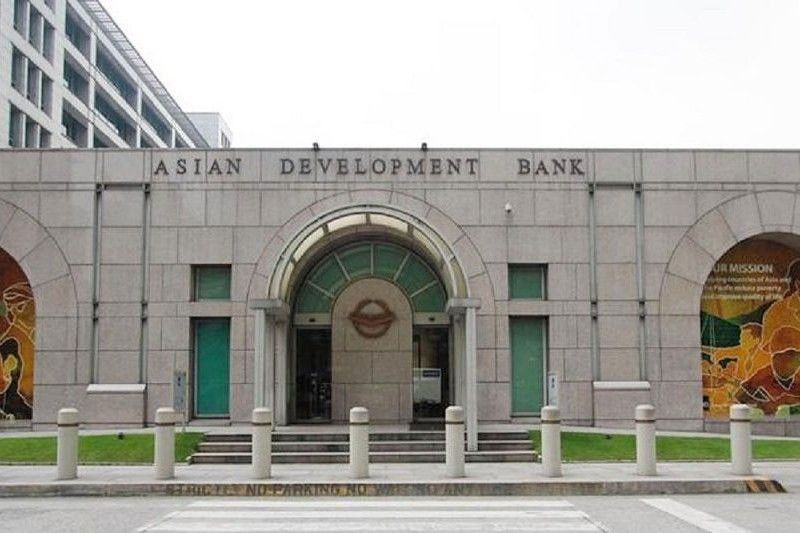The Straits Times reported that the manufacturers in semiconductor, electronics and pharmaceutical industries are at the forefront of digital transformation globally, with companies in these sectors being early adopters of advanced manufacturing concepts, technologies and applications. This was among the key findings in the second edition of the Manufacturing Transformation Insights Report, which was launched by the Singapore Economic Development Board (EDB) and World Economic Forum (WEF) on Thursday (Feb 10). The report is based on data from close to 600 manufacturing companies across 30 countries that underwent the Smart Industry Readiness Index (SIRI) assessment. Mr Francisco Betti, head of the Shaping the Future of Advanced Manufacturing and Value Chains Platform at WEF, told The Straits Times it is not a surprise that semiconductor, electronics and pharmaceutical manufacturers are leaders in Industry 4.0 transformation efforts. This is especially given the efforts and investments they have made in digital transformation to cope with the increase in demand and disruptions the world has faced in recent years, he said.
"The future of manufacturing is not about technology, but it's about technology and people. Unless you are able to bring your people on board, it will be extremely hard to deploy new use cases and enable a successful digital transformation strategy," said Mr Betti, who is also an executive committee member of WEF. WEF’s Managing Director, Jeremy Jurgens noted that the Global SIRI Initiative is one of the forum's fastest-growing initiatives, having scaled internationally over the last 18 months. EDB Chairman, Beh Swan Gin said the agency's partnership with WEF has established SIRI as an independent and international benchmark to accelerate the pace of transformation for the manufacturing sector around the world. "The insights and real-life case studies presented in this report will provide public- and private-sector stakeholders with the ability to develop tailored interventions and uncover new opportunities that digital transformation can offer," he added.
Source: The Straits Times
Date: 10 February 2022
Link: Here


